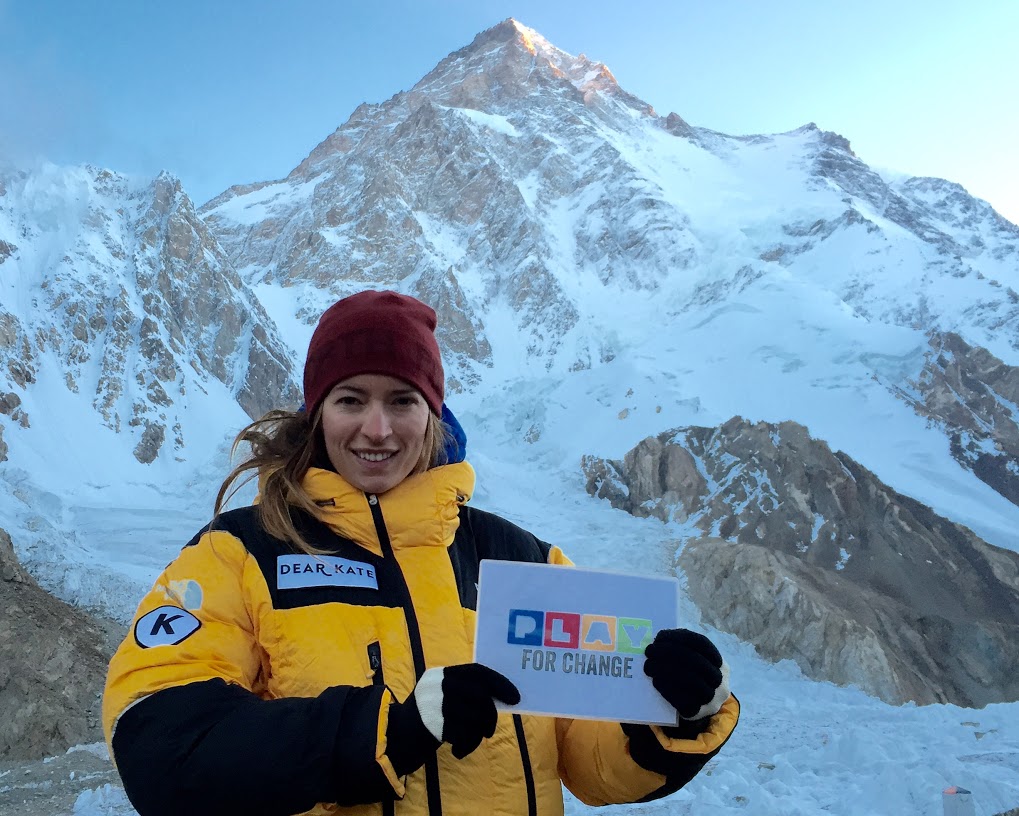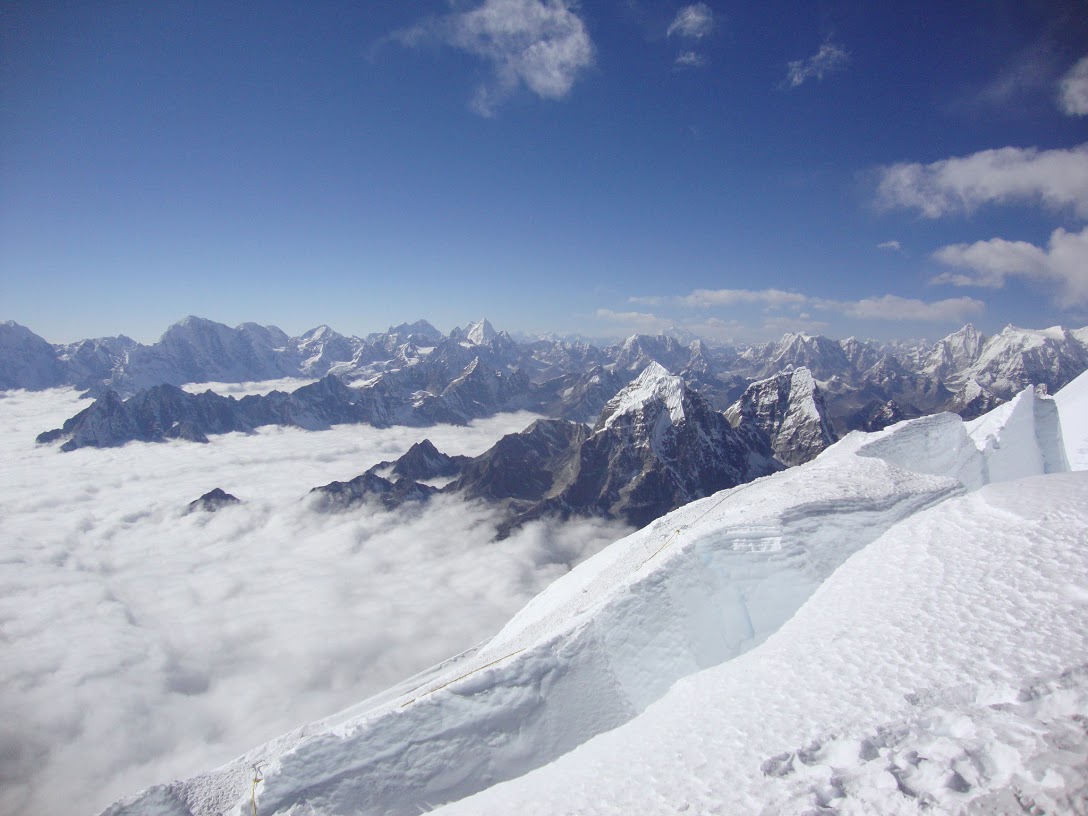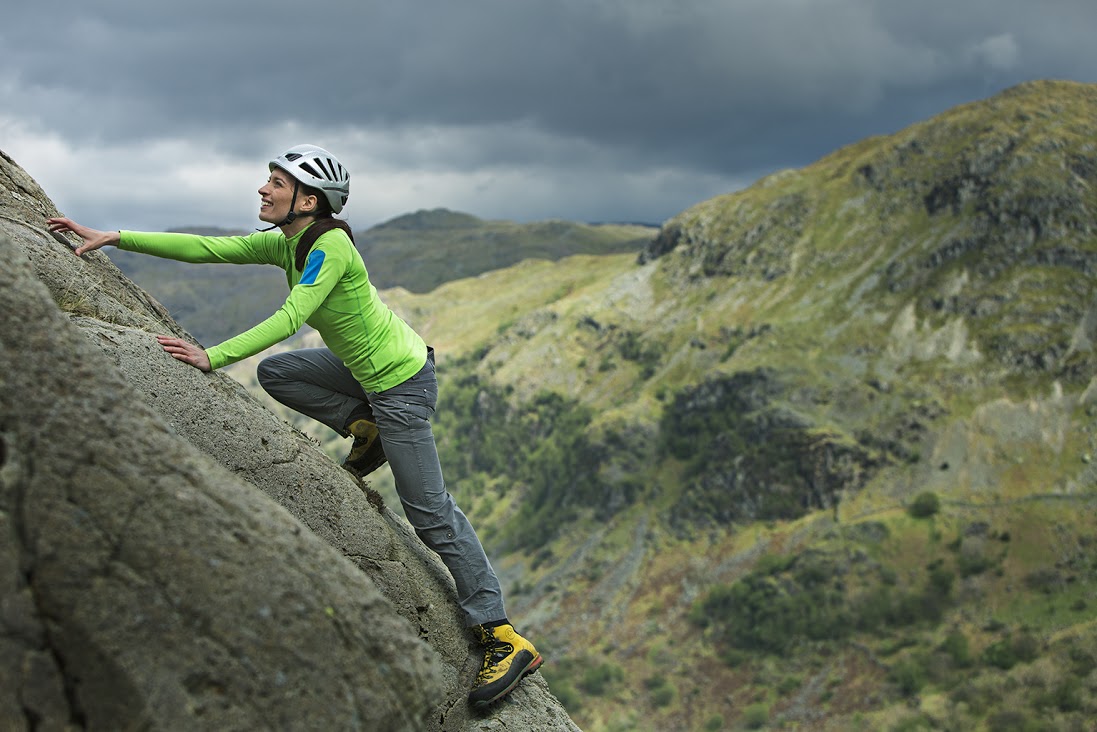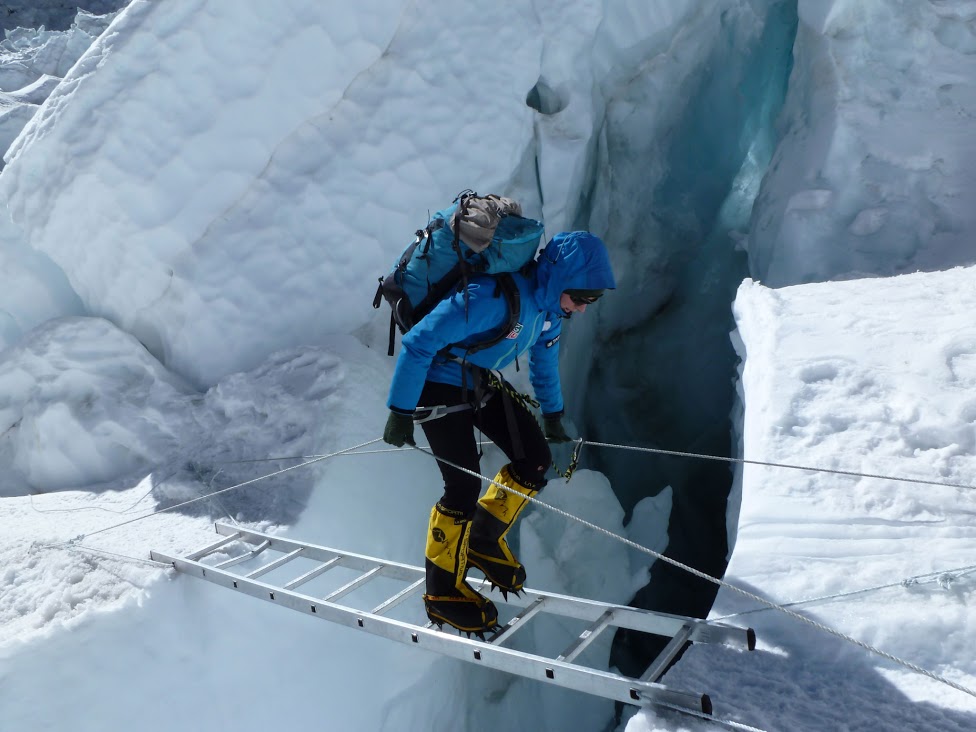30 Second Snapshot
Name Bonita Norris
Your home base Kensal Rise, North West London
Aside from a passport, the three items you always travel with Aside from the essentials, just trainers to run with and I love packing my slack line or TRX if it's a longer trip
Your perfect meal on the road Gazpacho in Mallorca or Dal bhat in Nepal
The best thing you’ve read in the last 6 months A Little History of Religion by Richard Holloway
Your travel soundtrack The Lark Ascending has the ability to connect me to any environment
The one place you’ve been that you think everyone should visit Nepal
The one place you’ll always return to, no matter how many times Swinley Forest in Bracknell, Berkshire. I've been running there since I was 18... so the past 12 years!
The one Never-Have-I-Ever destination that you hope to visit Patagonia
The one thing that most surprised you on your last trip I'm currently in Costa Rica and surprised yet again by the stunning beauty – I sit every morning and watch the jungle come to life and wonder how everyday life got so disconnected from nature.
Meet Bonita Norris who in 2010 became the youngest British woman to climb Mt. Everest aged just 22. Two years later Bonita also became the first British woman to climb Mt. Lhotse, the world's fourth highest peak and in 2016, she attempted to become the first British women to summit – and survive – the world's second highest mountain (and most technically challenging of all) K2. Reflecting on some of the toughest experiences imaginable in her recently published memoir, we have taken the opportunity to catch up with Bonita to hear more about her high-altitude expeditions, travel inspiration and of course her next adventures.
What did your "This is What I'm Going to Do" moment look like?
I've had many(!) but the moment that I decided to climb Everest was a sleepless night when I realised that if I didn't start now I'd be thinking about that mountain for the rest of my life.
How would you describe a typical day?
I rise at 6.30am and go to a yoga class. Back home, breakfast is a smoothie bowl made with avocado, spinach and berries. I'm on my laptop for the next few hours planning the trip, working with sponsors and writing speeches for events and conferences I am invited to present at. I'll jump on the tube to central London for meetings and whilst there try and squeeze in a spin class. I have so much on my mind in the lead up to an expedition and it's not just the stress of juggling the moving parts and holding down a job but also the emotional toll of doing something dangerous too. Exercise is the best thing I've found to process those thoughts. If I can't spin because work runs late, I'll head to the Westway gym and climbing wall. I leave the wall feeling totally exhausted and covered in chalk. It's lovely to get home, husband comes through the door, we have a glass of red wine and I cook dinner. Bed by 10. Boring but training for an expedition is so intense that I can barely keep my eyes open past 9.30pm.
What is your favourite part of what you do?
I love that I get to go into businesses and schools and share my experiences as a motivational speaker. I've had so many emails over the years from people who've said that hearing my story helped them make a change in their life.
What do you find the most challenging (apart from the obvious when scaling 8000m peaks)?
The biggest challenge is being around loved ones because I put them through so much and it's incredibly selfish. In the lead up to a trip there are lots of tears and yes – sometimes people telling me not to go. It's hard to know what the right course of action is. The answer I've found often changes all the time and it is a fine line that I am trying to desperately balance upon.
What do you find most inspiring?
Connection – to nature, my loved ones, and to myself.
What is your proudest accomplishment of the last 12 months?
I wrote my memoir: The Girl Who Climbed Everest. By far one of the hardest things I have ever done. I had no idea just how hard writing a book was!
How do near death experiences, such as your K2 attempt and evacuation off the world second highest peak, change your perspective on what you do and perhaps life in general?
Getting a Cerebral oedema on K2 made me question what takes more courage: stepping away from a challenge that your identity is built into, or facing it head on? I'm not sure I have the answer to that question yet.
What are you most excited about crossing off your list in the next year? The next ten years?
I would love to open a yoga/climbing retreat centre in Spain to connect people back to nature and themselves. I feel like the natural environment has given me so much and I'd love to help others connect with it too.
If you weren't summiting the world highest peaks, what would you be doing instead?
I think I would be a war correspondent. I've always been attracted to risk.
Where have you set your sights on next?
Moving to Spain with my husband and starting to lay down new roots. Climbing 8000-metre peaks has taught me so much – but mostly, it's taught me that the most important things in life are the simplest. So I am hoping to live simply and continue to share the knowledge I have learnt as a climber with the world.





